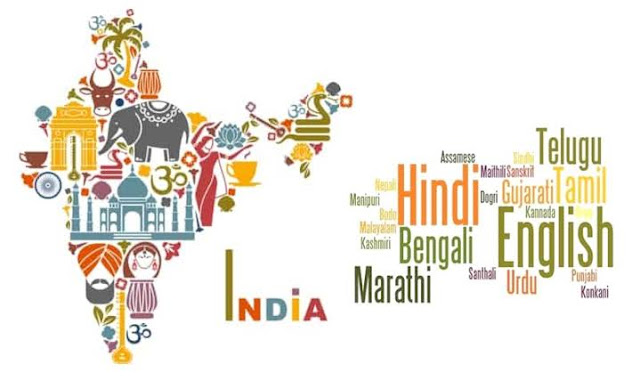Basics of Indian Constitution
TABLE OF PRECEDENCE
1)President
2)Vice President
3)Prime Minister
4)Governor of state within respective states
5)Former Presidents
5a)Deputy Prime Minister
6)Chief Justice of India and Speaker of Lok Sabha
7)Cabinet Ministers,Chief Minister of states within their respective states,Former Prime Ministers,Leader of opposition in Rajya Sabha and Lok Sabha.
7a)Holders of Bharat Ratna
8)Ambassadors and High Commission of common wealth nations,Chief Ministers and Governor outside their states
9)Judges of Supreme Court
9a)Chief Election Commissioner,Election Commissioner, Comptroller and Auditor General
10) Deputy Chairman Rajyasabha,Deputy Speaker Loksabha,Deputy Chief Minister of States and Minister of state for union(MOS)
11) Attorney General of India,Cabinet Secretary, Lieutenant Governor within their Union Territory
12)Chief Defence Staff,Chief of Army,Navy and Airforce
13)Ministers accredited to India.
14) Chairman and Speaker of Legislative Councils and Legislative Assembly,Chief Justice of High Court within their State and Jurisdiction
15)Cabinet Ministers in states within their states,Chief Minister of union territory,Deputy Minister of union
16)Army staffs equivalent to Lieutenant General
17)Chairman of all Commission and UPSC and Chief Justice of High Court outside Jurisdiction
18) Cabinet Ministers of a state Outside states, Chairman and Speaker of State legislature outside their States., Deputy Chairman and Deputy Speaker of Legislature within their States
19) Deputy Minister of states within their states
20)Deputy Chairman and Deputy Speaker of State legislature outside their states and Minister of states outside their states and other judges of high Court outside Jurisdiction.
PARTS OF INDIAN CONSTITUTION
I)Union and its territory
II)Citizenship
III)Fundamental Rights
IV)Directive Principles of State Policy
IVA) Fundamental Duties
V)Union Government
VI)State Government
VII)Part B States(Repealed)
VIII)Union Territory
IX) Panchayat
IXA) Municipality
IXB) Cooperative Societies
X)Scheduled Areas
XI)Relation between union and states
XII)Finance,Property,Contract and Suits
XIII)Trade, Commerce within territory of India
XIV)Public Service Commission (UPSC,SPSC)
XIVA)Tribunals
XV)Elections
XVI)Special provisions relating to certain classes
XVII)Official Languages
XVIII) Emergency Provisions
XIX) Miscellaneous
XX)Amendment
XXI)Temporary ,Transitional and Special provisions.
XXI)Short Title
SCHEDULES
1)States and Union Territory
2) Provisions for President,Governor,Judges,Speaker and others
3)Oaths and affirmation
4) Allocation of seats to Rajya Sabha
5) Provisions to administer and control of Scheduled area except schedule 6 areas
6)Provisions to administer and control of Scheduled area in Assam,Tripura,Meghalaya,Mizoram
7)List(Union ,State and Concurrent)
8)Languages(22)
9)Validation of certain acts and Regulation
10)Anti Defection law
11)Panchayat
12) Municipality.
SOURCES OF INDIAN CONSTITUTION
1)British- Parliamentary Government,Rule of Law,Single Citizenship,Cabinet form of Government, Bicameralism
2)USA - Fundamental Rights,Judicial Review, Independence of Judiciary, Impeachment of President,Removal of Supreme Court and High Court Judges
3)Russia - Fundamental Duties
4)Ireland -Directive Principle of State Policy, Nominations of members to Rajya Sabha,Method of election of President
5)Canada - Federation with Strong centre, Advisory Jurisdiction of Supreme court
6) Australia -Concurrent list ,Joint sitting of two houses of parliament
7)Weimer(Germany)- Suspension of Fundamental Rights during emergency
8)French - Republic and ideas of liberty ,equality and fraternity in preamble
9)South Africa - Amendment of constitution
10)Japan - Procedure established by law


Comments
Post a Comment